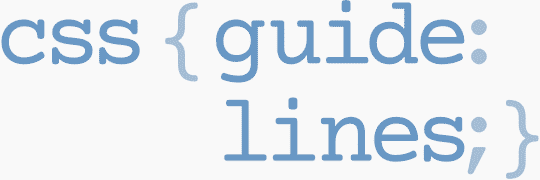By Harry Roberts
Harry Roberts is an independent consultant web performance engineer. He helps companies of all shapes and sizes find and fix site speed issues.
Written by Harry Roberts on CSS Wizardry.
N.B. All code can now be licensed under the permissive MIT license. Read more about licensing CSS Wizardry code samples…
When I redesigned CSS Wizardry at the end of last year I ported it from WordPress to Jekyll, and so far, so good.
One of the things I was very aware of, though, was that Jekyll had no way of supporting comments, where WordPress is built with commenting in mind. As such, I had to drop commenting from CSS Wizardry, with a view to potentially reinstating it at a later date.
I’ve decided to give something totally new a whirl; I’m going to see how Branch fares for discussing articles I write from here on out. Old comment data is, unfortunately, gone (I still have a copy of it, but it won’t appear on this version of CSS Wizardry), but any new discussions will now take place on Branch.
When I launched this new, non-WordPress version of CSS Wizardry, I wrote a post explaining how:
This move to Branch satisfies both of those criteria in that I get to tinker about with my site and try new options (within reason, naturally) and you guys can still access any content, with discussions being an ‘optional extra’.
I hope it works out; Branch looks lovely and is the kind of thing I feel would foster more discussion than a simple comment thread might. It’d be cool to start more of a debate, rather than a linear, to-and-fro commenting system. Let’s see!
N.B. All code can now be licensed under the permissive MIT license. Read more about licensing CSS Wizardry code samples…
Harry Roberts is an independent consultant web performance engineer. He helps companies of all shapes and sizes find and fix site speed issues.

Hi there, I’m Harry Roberts. I am an award-winning Consultant Web Performance Engineer, designer, developer, writer, and speaker from the UK. I write, Tweet, speak, and share code about measuring and improving site-speed. You should hire me.
You can now find me on Mastodon.


I help teams achieve class-leading web performance, providing consultancy, guidance, and hands-on expertise.
I specialise in tackling complex, large-scale projects where speed, scalability, and reliability are critical to success.